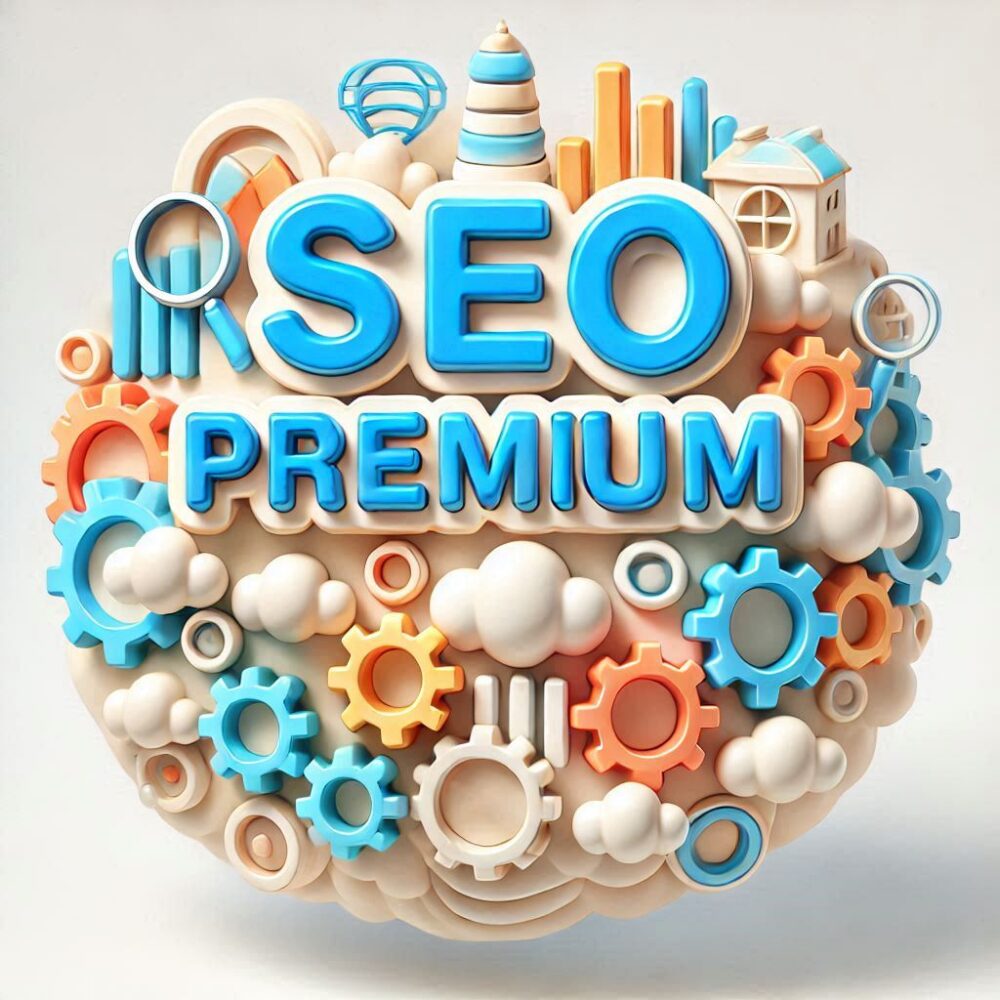1. Basic Shopify Package
Ideal for small businesses or startups looking to establish an online presence with a simple and professional e-commerce website.
Features:
- Basic On-Page SEO: Essential SEO optimization.
- Responsive Design: Mobile-friendly design.
- Template Customization: Customization of a pre-made Shopify theme.
- Pages Included: Up to 5 pages (Home, About, Shop, Contact, Blog).
- Product Listings: Setup of up to 10 products.
- Payment Gateway Integration: Integration with popular payment gateways.
- Contact Form: Basic contact form.
- Social Media Integration: Integration with social media platforms.
- Security Features: Basic security setup.
- Analytics Setup: Integration with Google Analytics.
- Support: 1 month of post-launch support.
- Monthly Reporting: Basic performance reports.
2. Standard Shopify Package
Perfect for growing businesses needing more features and customization options.
Features:
- Basic On-Page SEO: Essential SEO optimization.
- Responsive Design: Mobile-friendly design.
- Template Customization: Customization of a premium Shopify theme.
- Pages Included: Up to 10 pages (Home, About, Shop, Contact, Blog, Portfolio, Testimonials).
- Product Listings: Setup of up to 50 products.
- Payment Gateway Integration: Integration with popular payment gateways.
- Shipping Integration: Integration with major shipping providers.
- Contact Form: Advanced contact form with CAPTCHA.
- Social Media Integration: Integration with social media platforms.
- Security Features: Advanced security setup.
- Analytics Setup: Integration with Google Analytics.
- E-commerce Functionality: Setup of a basic online store.
- Blog Setup: Blog section with basic features.
- Newsletter Signup: Integration with email marketing services.
- Monthly Reporting: Detailed performance reports.
- Basic Training: Basic training on how to manage the website.
3. Premium Shopify Package
Ideal for enterprises seeking a comprehensive and fully customized e-commerce website.
Features:
- Basic On-Page SEO: Essential SEO optimization.
- Responsive Design: Mobile-friendly design.
- Template Customization: Custom design and development.
- Pages Included: Up to 20 pages (Home, About, Shop, Contact, Blog, Portfolio, Testimonials, Team, Careers, FAQ, Privacy Policy, Terms of Service).
- Product Listings: Setup of up to 200 products.
- Payment Gateway Integration: Integration with popular payment gateways.
- Shipping Integration: Integration with major shipping providers.
- Contact Form: Advanced contact form with CAPTCHA and conditional logic.
- Social Media Integration: Integration with social media platforms.
- Security Features: Comprehensive security setup.
- Analytics Setup: Integration with Google Analytics and advanced tracking.
- E-commerce Functionality: Setup of a fully featured online store.
- Blog Setup: Blog section with advanced features.
- Newsletter Signup: Integration with email marketing services.
- Performance Optimization: Website speed and performance optimization.
- Custom Integrations: Integration with third-party services and APIs.
- Multilingual Support: Multilingual website setup.
- Membership Site: Setup of membership functionality.
- Support: 6 months of post-launch support.
- Monthly Reporting: Comprehensive performance reports.
- Comprehensive Training: Comprehensive training on how to manage the website.
- Ongoing Maintenance: 3 months of ongoing maintenance.
- Domain & Hosting: 1-year free domain registration and hosting.
- Free Business Email: 1 free business email for the first year.







Reviews
There are no reviews yet.